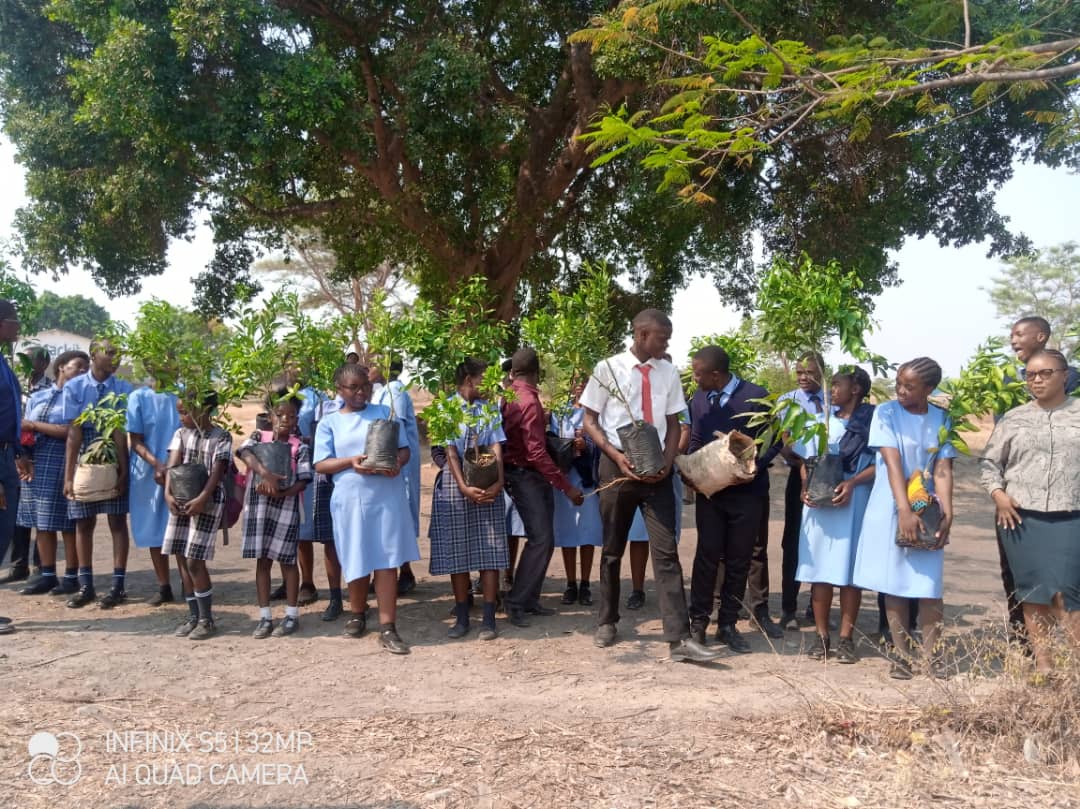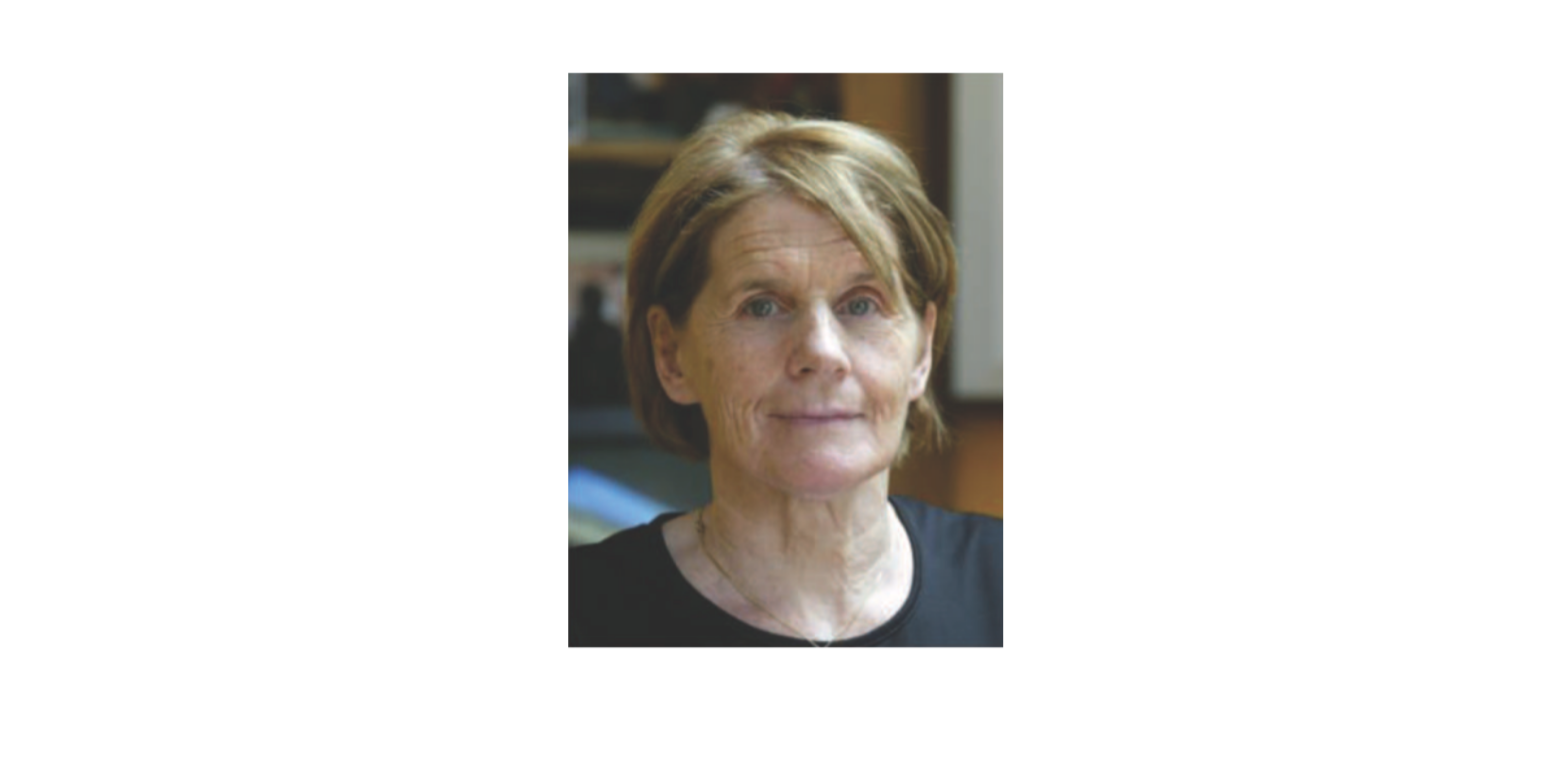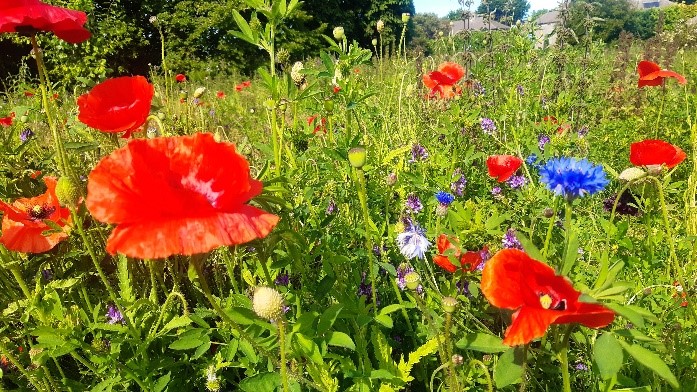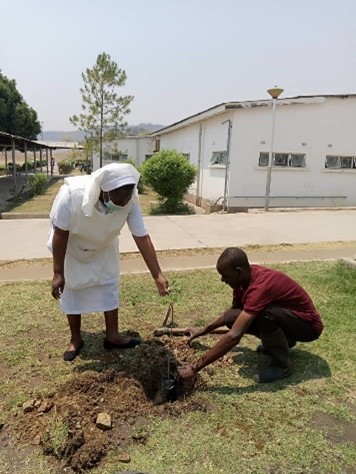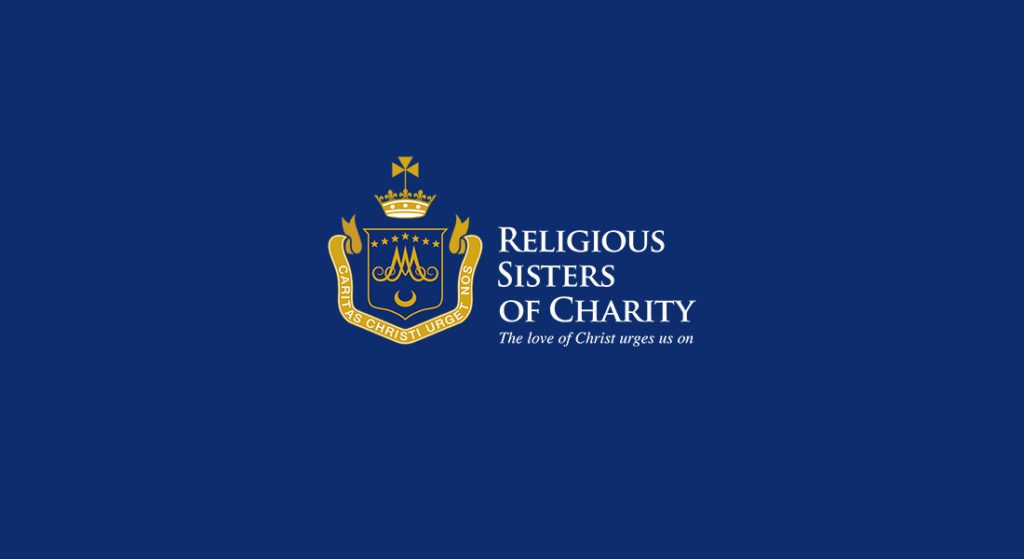
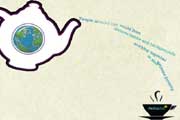 SolidariTeas are gatherings held across the world bringing together people of diverse faiths and backgrounds to help tackle extreme poverty. Hosting a SolidariTea is an easy way to gather people in a fun and meaningful way. At work, at school, under a tree, in the morning, afternoon or evening – Faiths Act are asking people of diverse faiths and backgrounds, to gather together to demonstrate solidarity.
SolidariTeas are gatherings held across the world bringing together people of diverse faiths and backgrounds to help tackle extreme poverty. Hosting a SolidariTea is an easy way to gather people in a fun and meaningful way. At work, at school, under a tree, in the morning, afternoon or evening – Faiths Act are asking people of diverse faiths and backgrounds, to gather together to demonstrate solidarity.
By bringing people together around a cup of tea, you can raise awareness and funds to help bring about a historic end to extreme poverty.
Ten years ago in September 2000, 192 nations agreed upon eight goals for tackling the scandal of global poverty before 2015. These Millennium Development Goals (MDGs) are arguably the clearest expression of globally shared values at work since the Universal Declaration of Human Rights. They constitute an unbreakable promise to the world’s most vulnerable. None of these MDGs can be achieved without a global movement behind it.
Faiths Act, the multi-faith social action programme of the Tony Blair Faith Foundation, is an opportunity for people across the globe to help the international community achieve the MDGs. Faiths Act mobilises people of faith in over 100 countries to work together to raise funds and awareness to make progress toward these vital goals, with a particular focus on the elimination of deaths from malaria. In the process, they demonstrate the power of compassionate action and show that faith communities can do so much more together than they can achieve apart. The signature campaign of Faiths Act is the elimination of deaths from malaria (MDG 6), but the Faiths Act movement engages with a whole range of issues that relate to preventable diseases and extreme poverty.
UN International Human Rights Day is celebrated annually across the world on the 10th December. The date was chosen to honour the United Nations General Assembly’s adoption and proclamation, on 10th December 1948, of the Universal Declaration of Human Rights (UDHR), the first global enunciation of human rights.
In September 2000, world leaders identified Solidarity as one of the fundamental values essential to international relations in the twenty-first century and emphasised that “Global challenges must be managed in a way that distributes the costs and burdens fairly in accordance with basic principles of equity and social justice. Those who suffer or who benefit least deserve help from those who benefit most.” In the context of globalisation and the challenge of growing inequality, the strengthening of international solidarity and cooperation is indispensable for the realisation of the MDGs.
Convinced that the promotion of the culture of solidarity and the spirit of sharing was important for combating poverty, the General Assembly proclaimed 20th December as International Human Solidarity Day.
Faiths Act are marking these two important days by asking people of diverse faiths to gather together in the period between them.
This is where people of faith can show religion as a powerful force for good in the world.


